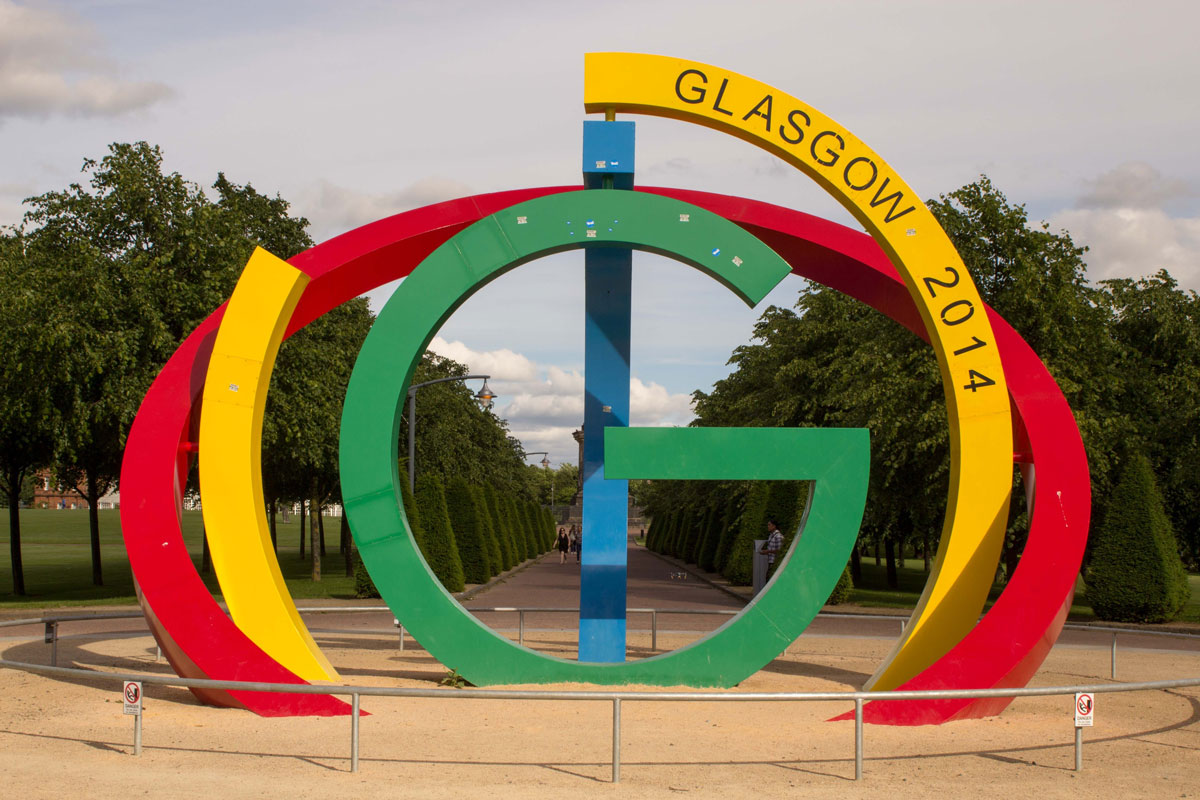
In 2026, Glasgow is to host the Commonwealth Games for a second time – and hopes are high for a repeat of the success of the 2014 Games, which generated £282 million in tourism revenue by attracting 690,000 visitors to the city.
The Commonwealth Games Federation (CGF) gave Glasgow the green light on September 17, replacing the original choice of host, Victoria, Australia, where plans were scrapped after the state baulked at the Aus $589 million price tag.
It is felt that Glasgow is one of the few cities in the Commonwealth in a position to take up the short-notice challenge of staging the 2026 games, thanks to its pre-existing sports facilities – notably Celtic Park, The Commonwealth Arena and Sir Chris Hoy Velodrome, Tollcross International Swimming Centre, Ibrox Stadium and Hampden Park – and its experienced workforce and strong supply chain.
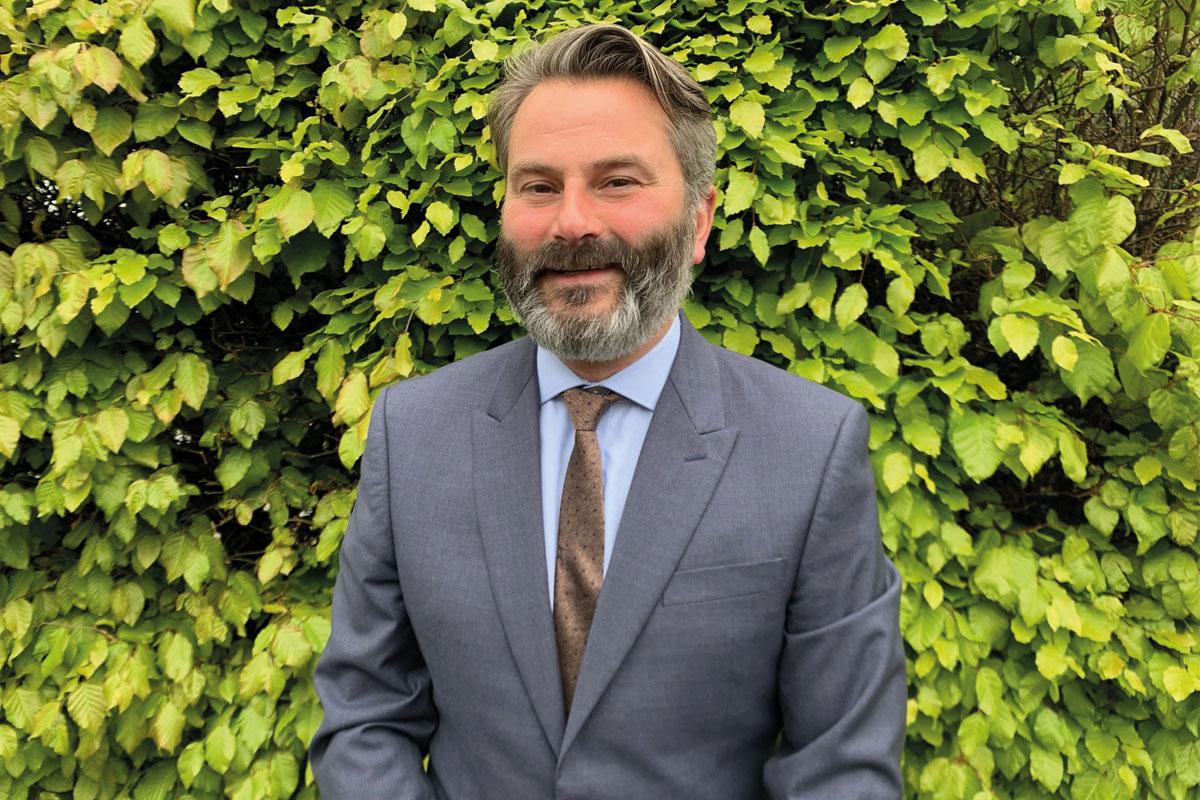
Executive director of UKHospitality Scotland, Leon Thompson, said: “It’s great news that the Commonwealth Games is returning to Glasgow in 2026. The city delivered an outstanding event in 2014, widely acknowledged as one of the best ever, and it’s poised to do so once again.
“The Games will deliver an economic boost to Glasgow, as well as creating opportunities to promote the city’s attractions over the next few years as it prepares to welcome visitors from across the world.”
The city’s hotel provision is a key factor in bringing the games back to Scotland. During the August 2014 event, Glasgow hoteliers reported a 95% occupancy rate, while the average room yield soared by 21.3%. Over that month, more guests were staying at hotels in Scotland than anywhere else in the UK, as Edinburgh and Inverness lodgings also sat at over 90% capacity.
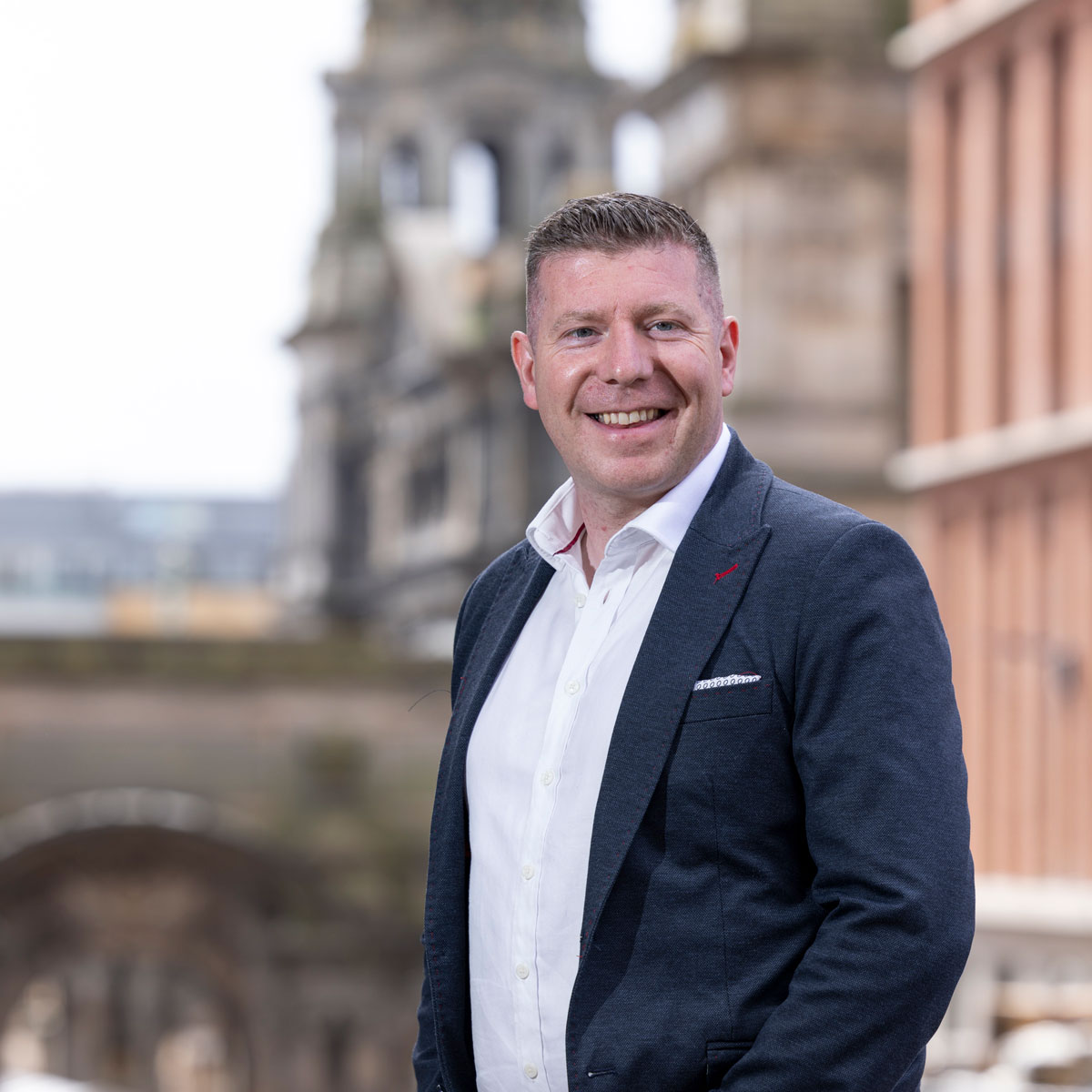
Responding to the news that the city is to get a second bite of that apple, the general manager at AC Hotel by Marriott Glasgow, Craig Munro, expressed confidence that 2026 will be another great success.
“This is perfect culmination of a phenomenal summer that saw events like The Open, The Fringe, and Taylor Swift’s concerts, along with a significant increase in visitors choosing Glasgow as their destination,” said Munro. “We’ve been incredibly busy and are thrilled with the momentum.
“Glasgow 2014 was one of the most memorable summers, not only due to the tremendous boost to hospitality businesses but also because of the incredible atmosphere that permeated the city. Our entire industry is buzzing with excitement. Glasgow has evolved significantly with the addition of many new, outstanding venues.
“We’re confident that when the Commonwealth Games returns, it will be a great success. Glasgow is truly a world-class events city, and we’re ready! We can’t wait to welcome guests from around the globe.”
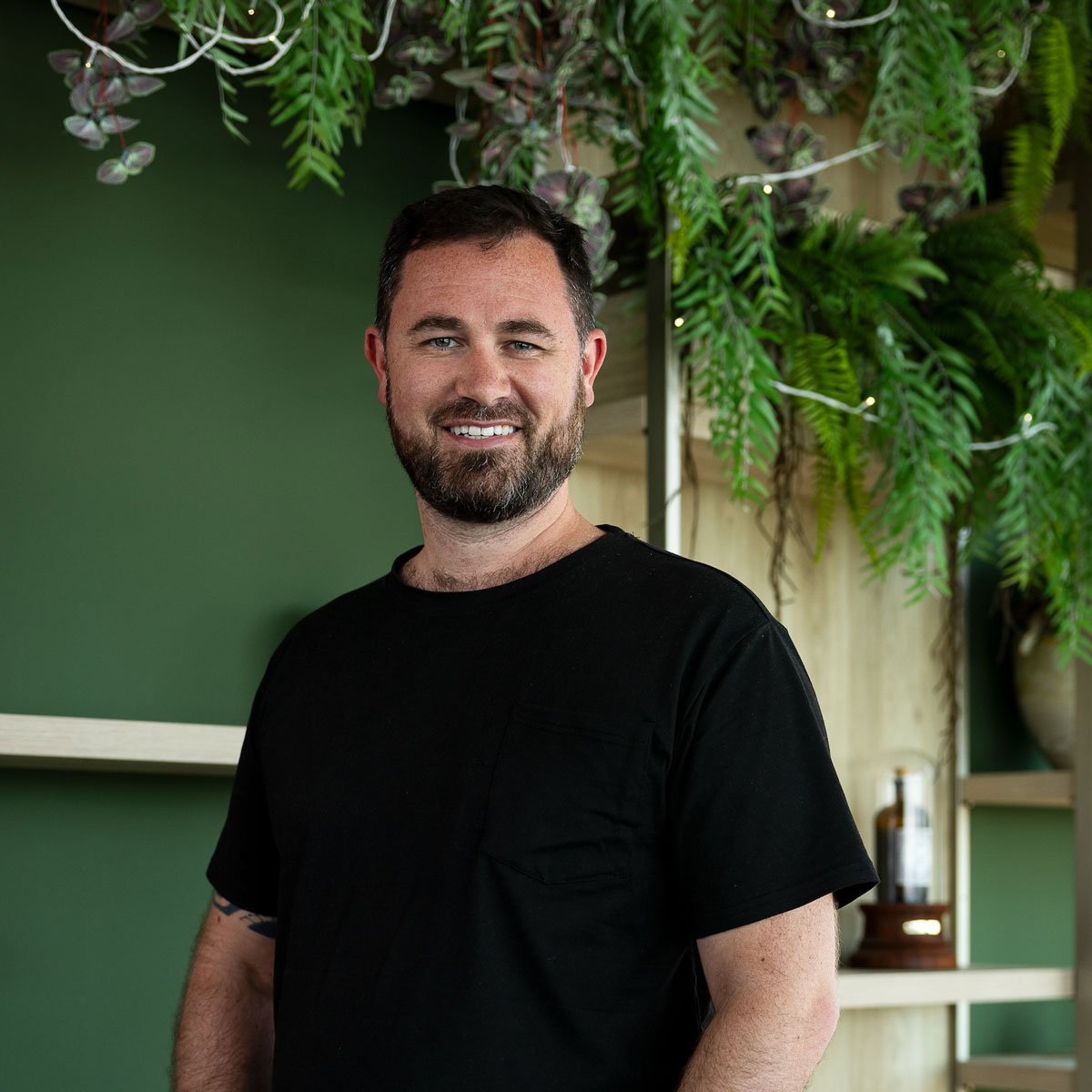
Ben McLeod, general manager at The Social Hub Glasgow, the first UK venue for that community-focused hybrid hospitality concept, was also excited about the impact the award of a second games would have on the city.
“This is fantastic news for Glasgow and the hospitality industry,” said McLeod. “We are perfectly suited for an event of this size. We are able to accommodate everything from hotel and extended stay guests to digital nomads, through to brands looking for dynamic spaces for private meetings and events.
“We know the effect the Commonwealth Games had on the city in 2014, so we are excited about the impact on our community in Glasgow. We look forward to welcoming athletes, teams, supporters and more to The Social Hub.”
Nadine Carmichael, head of sales and marketing for DRG, the hospitality heavyweight with a host of Glasgow restaurants on its roster, observed: “Without doubt, 2014 was our busiest summer ever. DRG owns restaurants in Glasgow city centre such as Atlantic, The Citizen and Barolo. To see this amount of visitors to our city once again will be just incredible.”
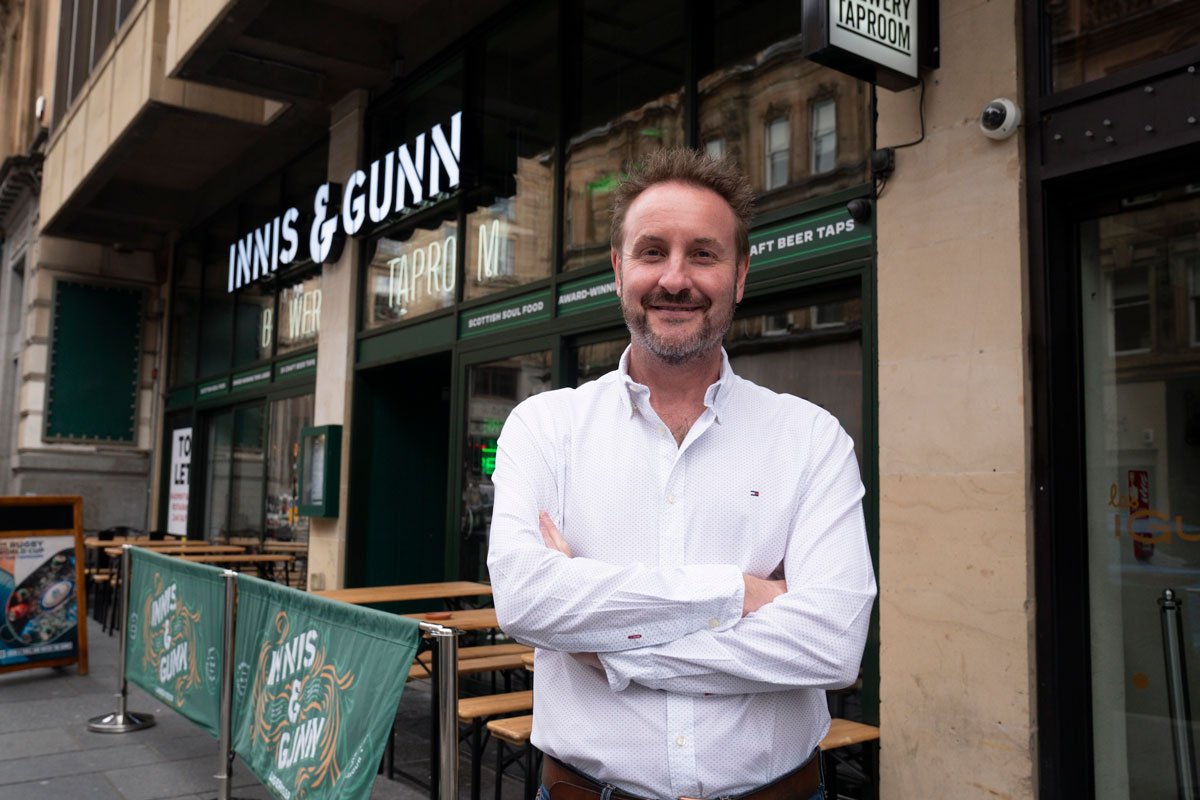
Brewer Innis & Gunn runs two taprooms in the city, and its founder, Dougal Sharp, notted: “As the official 2024 beer partner at the Edinburgh Festival Fringe, Innis & Gunn hosted a month-long takeover at The Mound. This was a huge success and is an example of the impact major events have on business. This announcement is just huge for our industry.”
In 2014, events took place in venues throughout the city and beyond, but a lot of the action centred on the West End. Wrestling, judo and boxing competitors, as well as press and broadcasting teams all descended on the Scottish Exhibition and Conference Centre, while The Clyde Auditorium hosted weightlifting and the OVO Hydro was used for gymnastics and netball. Bowls headed to Kelvingrove Park and the nearby Scotstoun Leisure Centre provided table tennis and squash courts.
The West End’s likely role in the 2026 games was highlighted by Mark De’Mar, head of operation at Civerinos, which has a restaurant in the Finnieston thoroughfare.
“Glasgow being named as the next city to host the Commonwealth Games is brilliant not only for the city’s residents but businesses like ours that should really reap the benefits,” said De’Mar. “In 2014 so many of the events were held in the West End, with a number of them taking place in venues such as the SECC and Ovo Hydro – just down the road from Civerinos.
“We can’t wait to serve up slices to spectators, competitors and visitors to the city right in the heart of the action. The impact of these events will bring a huge lift to Finnieston as a whole.”
UKHospitality’s Thompson concluded: “Hospitality businesses can benefit from these opportunities, and the increased footfall the event will deliver, helping them invest and create more jobs.
“A vital feature of delivering any major event is legacy, so it is imperative that Glasgow City Council works with our businesses to look at how the city can maximise the economic and reputational benefits of being host.”




















